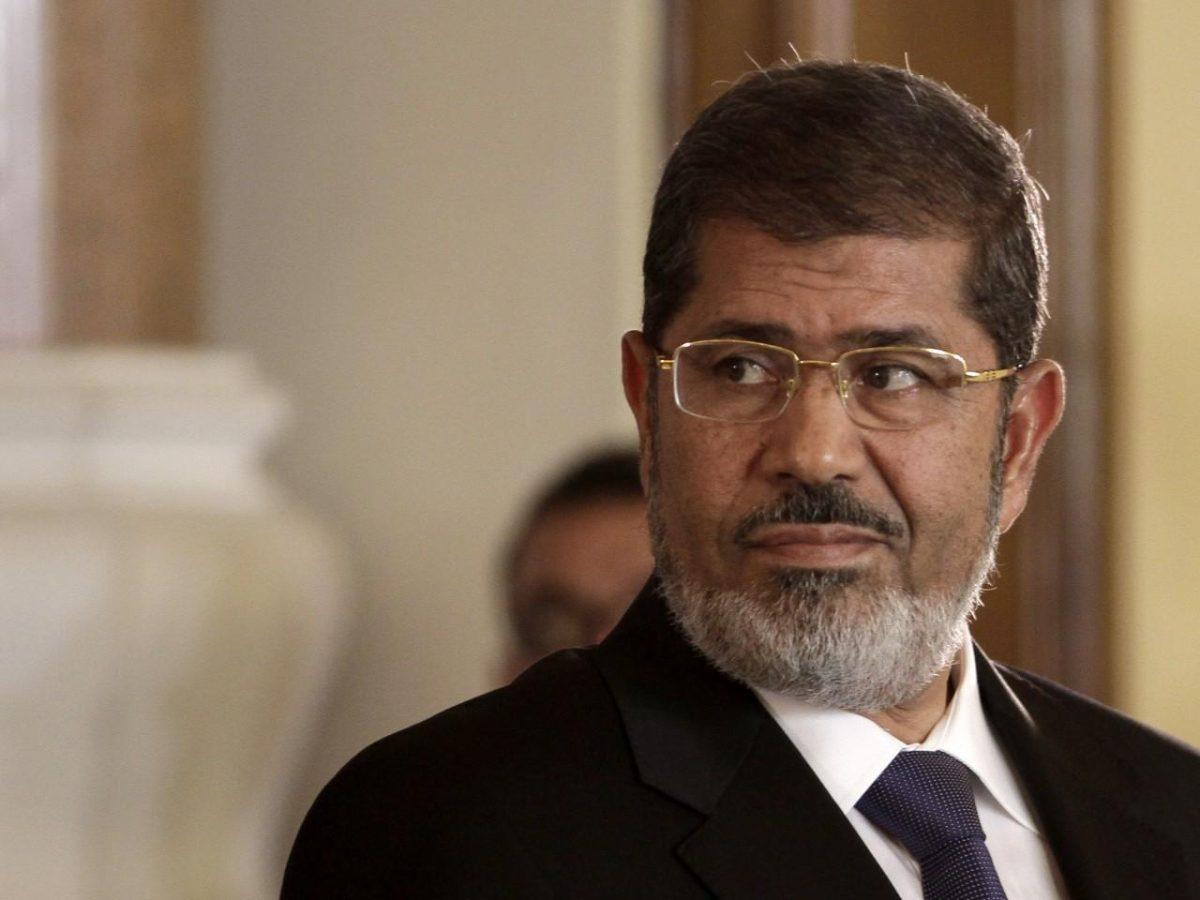We may be reeling from our close loss to Georgia, but LSU students should take solace in the fact that the important issues of our time are going our way.
After a year in power, the Muslim Brotherhood’s downfall shows the turbulent nature of Middle Eastern democracy. Subsequently, it is in the interest of the United States that Egypt returns to its previous status as a client of American imperialism.
Where American foreign policy is concerned, we need to be open and honest about it. We have in the past, and we continue to this day to arm and support brutal regimes that are nowhere near democratic, all in the name of our national interests.
Since 1970, Egypt has acted as a pure puppet state to the U.S., with a slight deviation in 2011. Popular uprisings in Cairo that resulted from the Arab Spring led to the ouster of President Hosni Mubarak, and for the first time in 41 years, there was no U.S.-backed strong man at the helm in Egypt.
In the wake of the revolution, the interim military government decided for the first time in Egypt’s 5,000-year history that a civilian government would be democratically elected.
Having just ended 59 years of military rule, Egypt reluctantly chose the Islamists in their parliamentary election, and Muslim Brotherhood candidate Mohamed Morsi won the presidential race.
What was hoped to be a turning point for Egypt quickly disintegrated into Mubarak 2.0, with the military immune from prosecution and the defense budget at their own disposal.
To top it all off in post- revolutionary French fashion, Morsi made several presidential decrees, placing himself above the law and betraying the core of the revolution à la Robespierre.
On that note, after just one year of Morsi’s rule, he was ousted by a military coup d’état led by the powerful Egyptian General Abdel Fattah el-Sisi, the Napoleon of Egypt.
What we are left with is an interim military junta that controls 40 percent of the economy and is on track to put Egypt back within the American realm. The first step toward that end was met when Egyptian courts outlawed the Muslim Brotherhood and confiscated its assets.
They are taking no chances this time.
Unfortunate as it may be that Egypt’s experiment in democracy failed, it is preferable to have some semblance of stability in such a volatile region of the world. Sisi’s regime may be brutal at the moment, but at least we can exert influence over the leadership in his government.
Egypt is too vital of a strategic partner to ever accept a government we cannot exert control over. Our partnership with them has led to many important diplomatic strides, including the Camp David Accords, the first ever peace agreement between Israel and an Arab nation.
What’s more, it would be completely unacceptable for Egypt’s military hardware to fall under the control of non-U.S. aligned parties. Their military is armed with class-A weaponry that only the closest U.S. allies possess.
Also, a state with the capacity to develop nuclear power, civilian or not, should never fall outside of our sphere of influence, which is our primary reason for opposing Iran’s nuclear program. It is dangerous for people we cannot control to have that kind of power.
The United States of America is not just another empire passing through history like the British. We exert a global influence unmatched by any nation in history, with military bases spanning the globe, and a navy that would make Horatio Nelson green with envy. Every decision in regard to foreign policy should be guided by the principle of maintaining and expanding this control.
The recent developments in Egypt should be lauded. They are returning, like the prodigal son, to our domain.
Ryan McGehee is a 20-year-old political science, history and international studies junior from Zachary.
Opinion: Outlawing of Muslim Brotherhood a step forward for Egypt
September 29, 2013
Morsi





